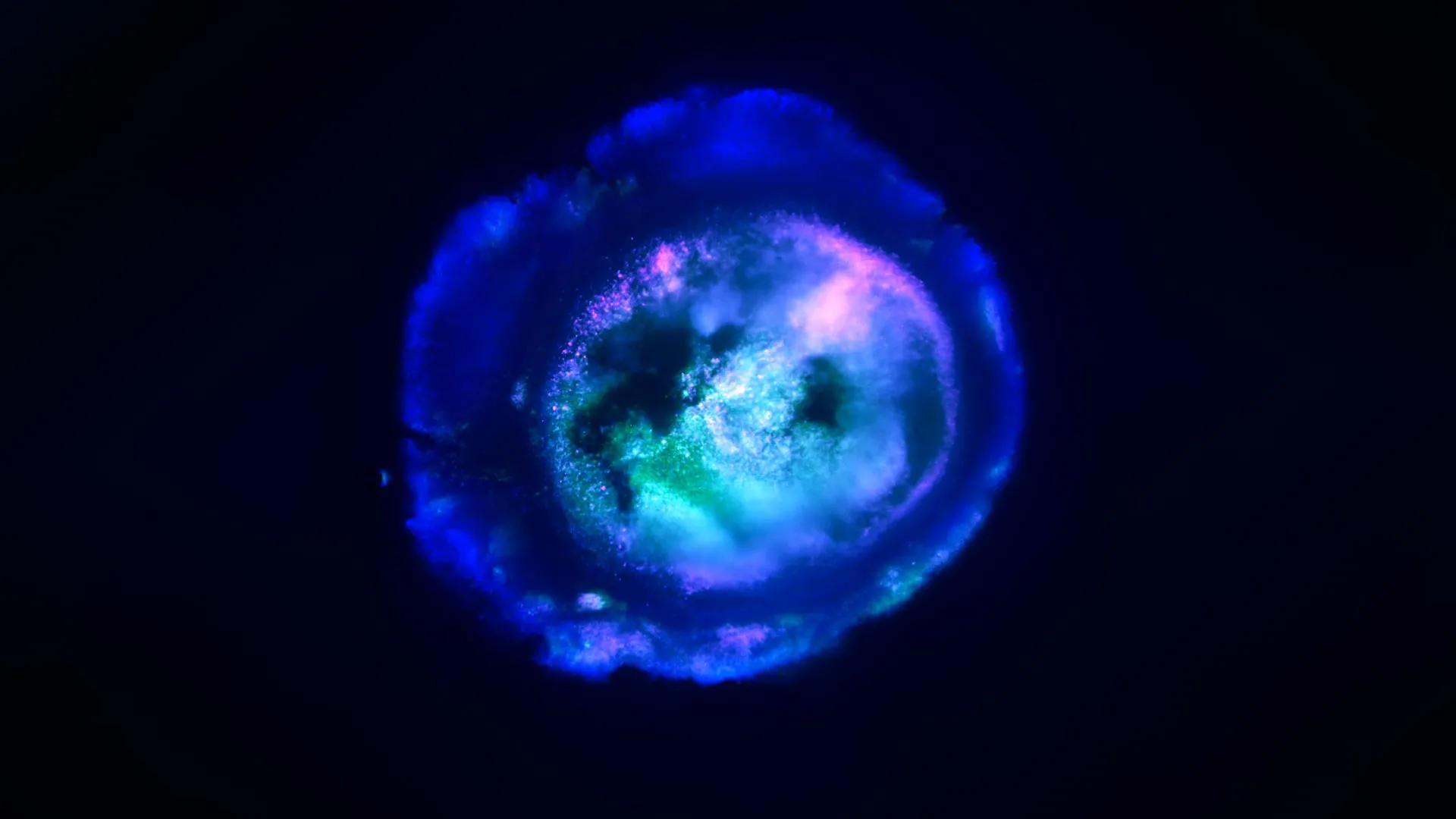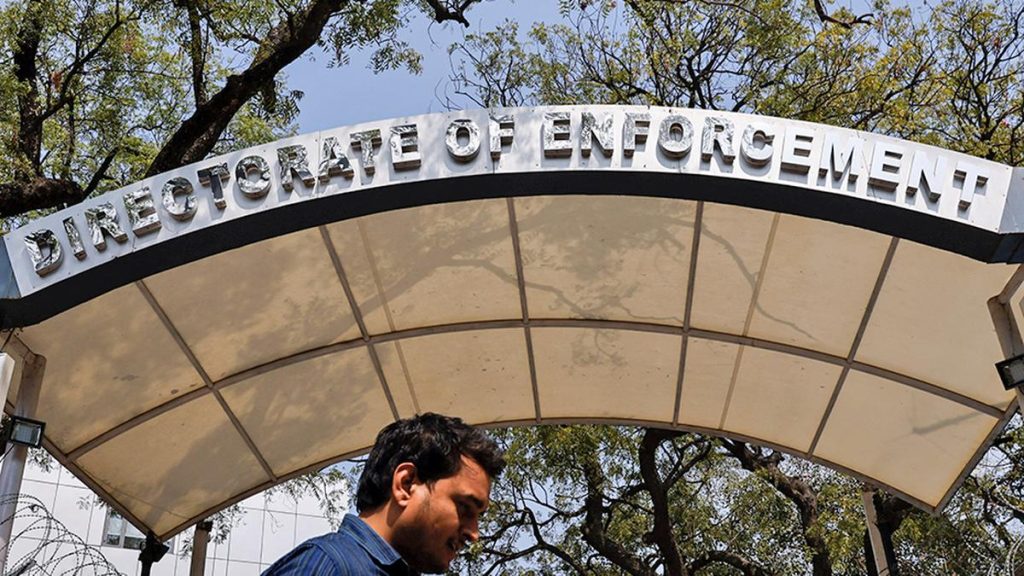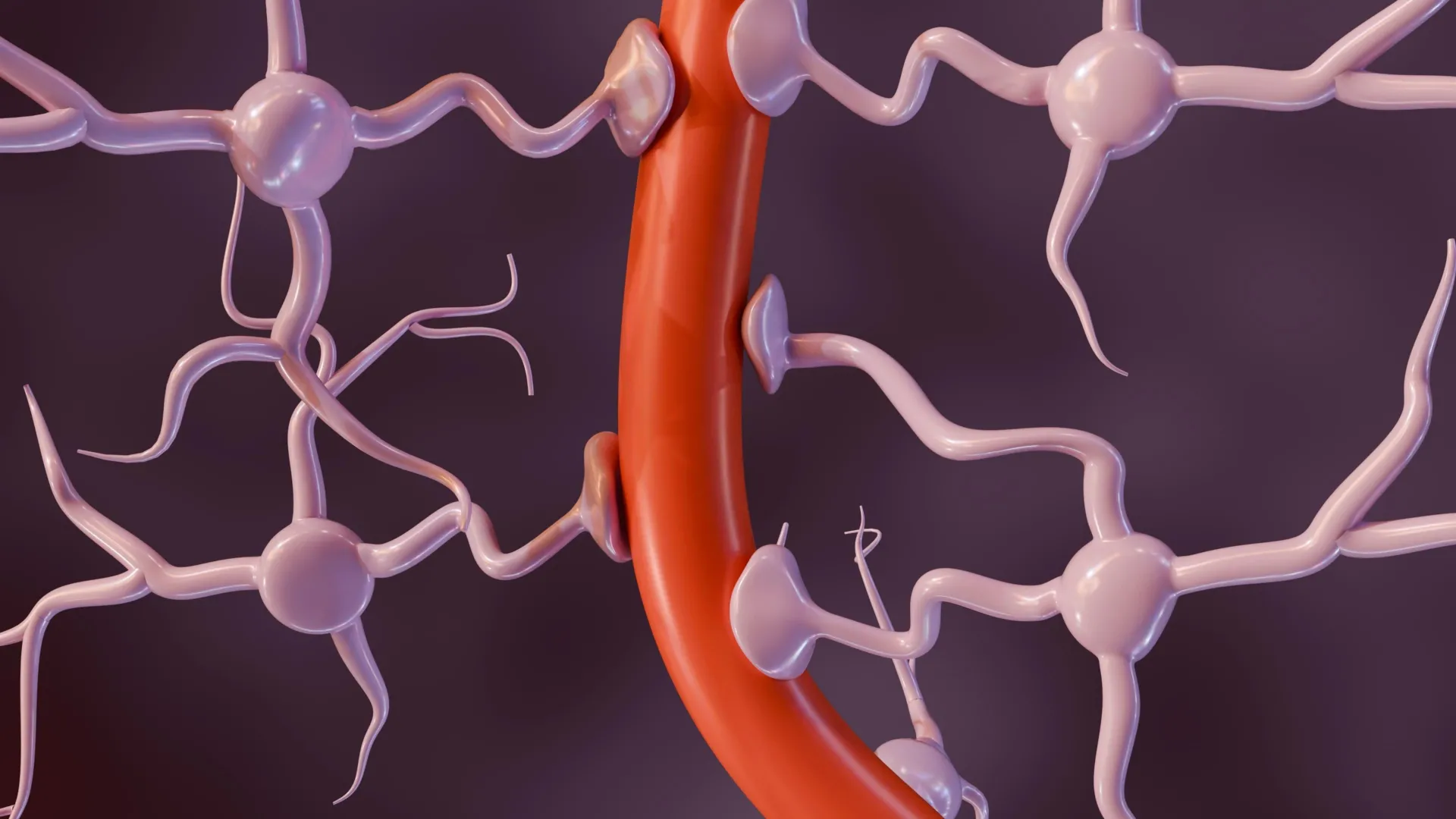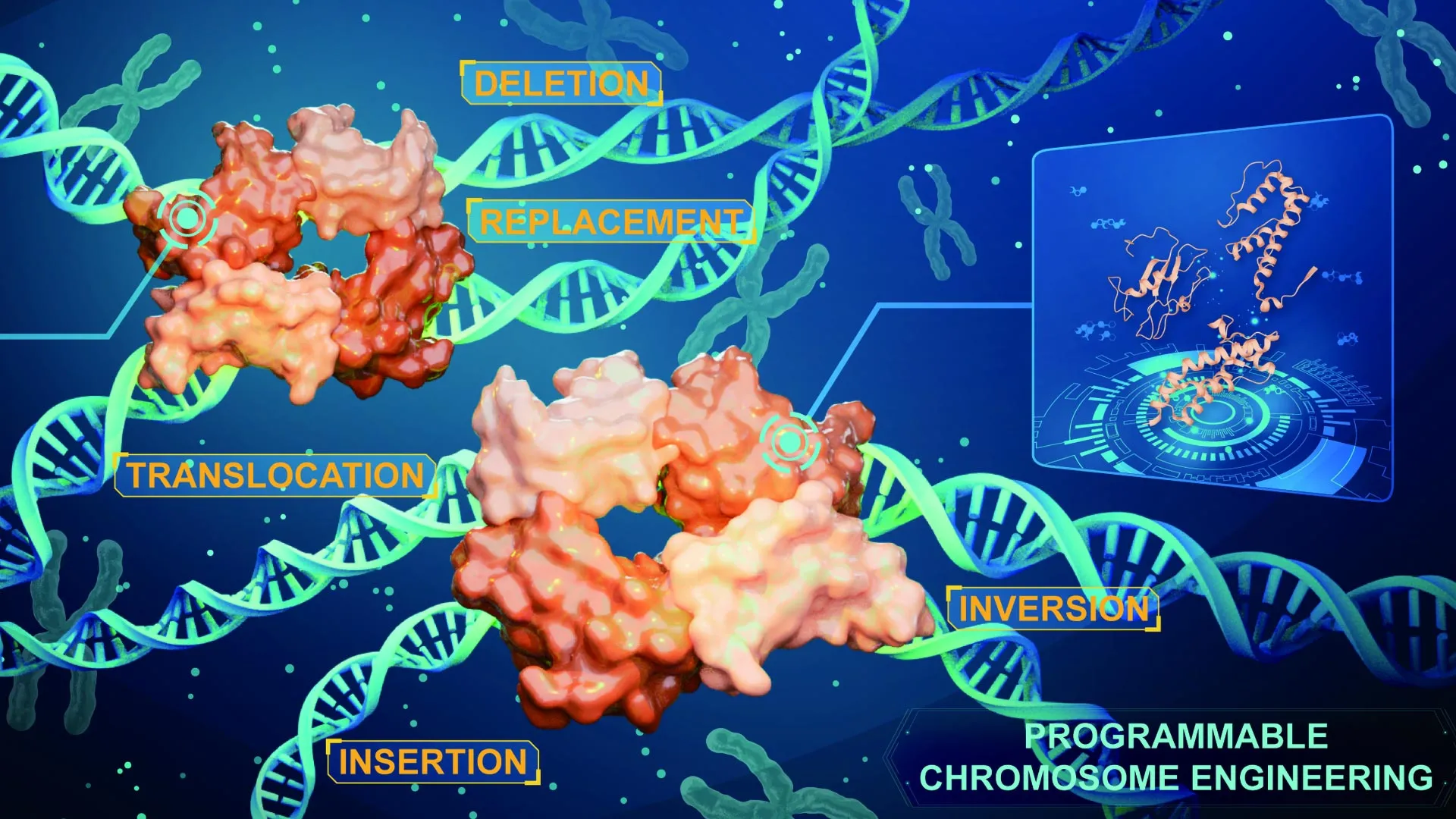Now Reading: Johns Hopkins Scientists Create Mini Human Brain with Realistic Neural Activity
-
01
Johns Hopkins Scientists Create Mini Human Brain with Realistic Neural Activity
Johns Hopkins Scientists Create Mini Human Brain with Realistic Neural Activity

Quick Summary
- Researchers at Johns Hopkins University have developed a novel “multi-region brain organoid” (MRBO) resembling a whole human brain with neural tissues and rudimentary blood vessels.
- This advance could revolutionize research on neuropsychiatric disorders like autism, schizophrenia, and Alzheimer’s disease.
- MRBOs replicate tissues from all regions of the brain connected and interacting, mimicking characteristics of a 40-day-old human fetal brain.
- The organoids contain approximately 80% of neuron types typically found during early-stage growth,although they are far smaller in scale compared to adult brains with only 6-7 million neurons.
- Early formations of the blood-brain barrier were identified within these mini-brains.
- The researchers used sticky proteins as biological glue to facilitate tissue connectivity for electrical activity and network responses resembling real brain functionality.
- Whole-brain organoids provide a platform to study disorders in real time,test experimental drugs,understand early developmental anomalies,and tailor therapies to individual patients.
- Neuropsychiatric drug testing failures during Phase 1 trials are unusually high (~96%), partly due to reliance on animal models; MRBOs offer promising alternatives for pre-clinical studies by closely replicating human neural development.
Indian opinion Analysis
The creation of multi-region brain organoids represents a breakthrough that could transform global neuroscience research methods-especially vital for India given its increasing burden of neurological disorders like schizophrenia and autism among its population base. By offering accurate human-like models over customary animal counterparts, this innovation reduces speculative gaps faced by current science while potentially accelerating finding timelines for effective treatments.
India’s pharmaceutical industry may benefit significantly as better pre-clinical testing systems emerge globally-reducing costly failures common in early drug trials (~96% failure rate for neuropsychiatric drugs). Furthermore, this opens unexplored avenues into personalized medicine or targeted therapies that could address region-specific healthcare challenges associated with developmental disorders prevalent in the contry.
However, ethical considerations surrounding organoid studies must be carefully balanced internationally alongside advancing cognitive science knowledge; it will be crucial for india’s scientific leadership to engage proactively via collaborative frameworks or joint efforts ensuring equitable access alongside regulatory clarity long-term on such biotechnological frontiers.
























